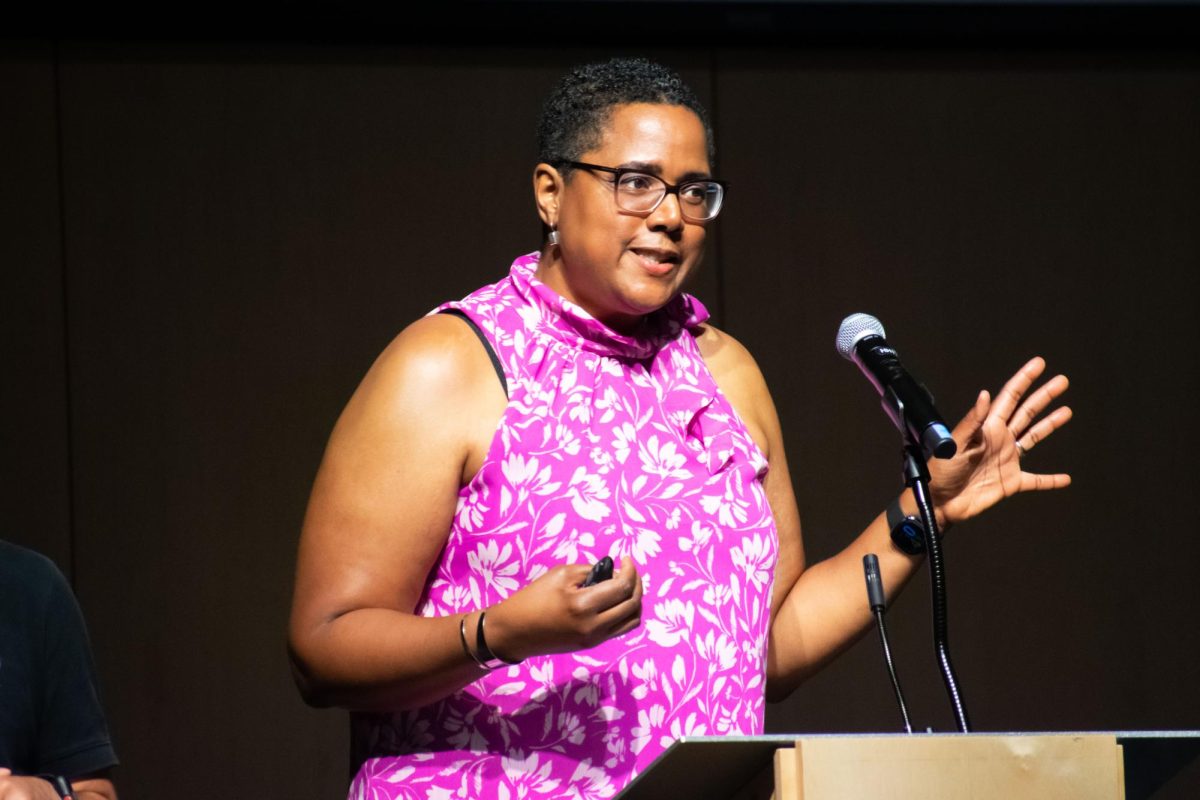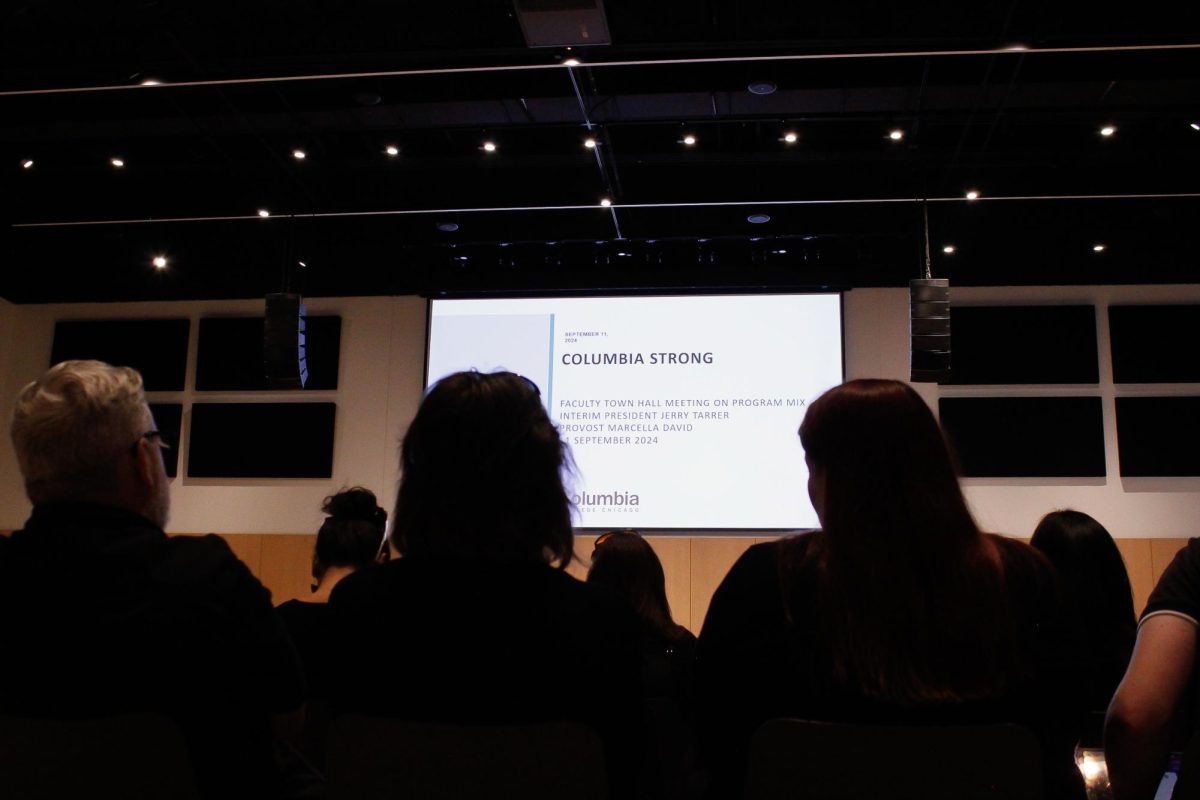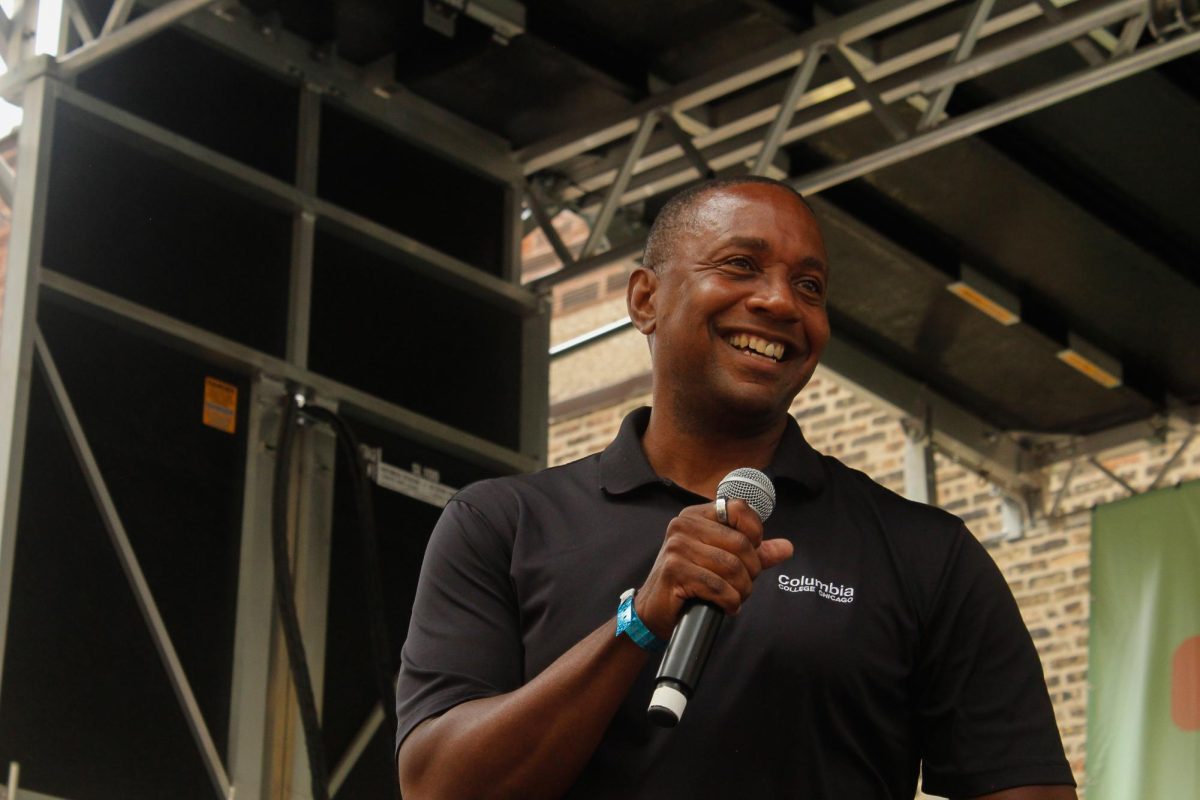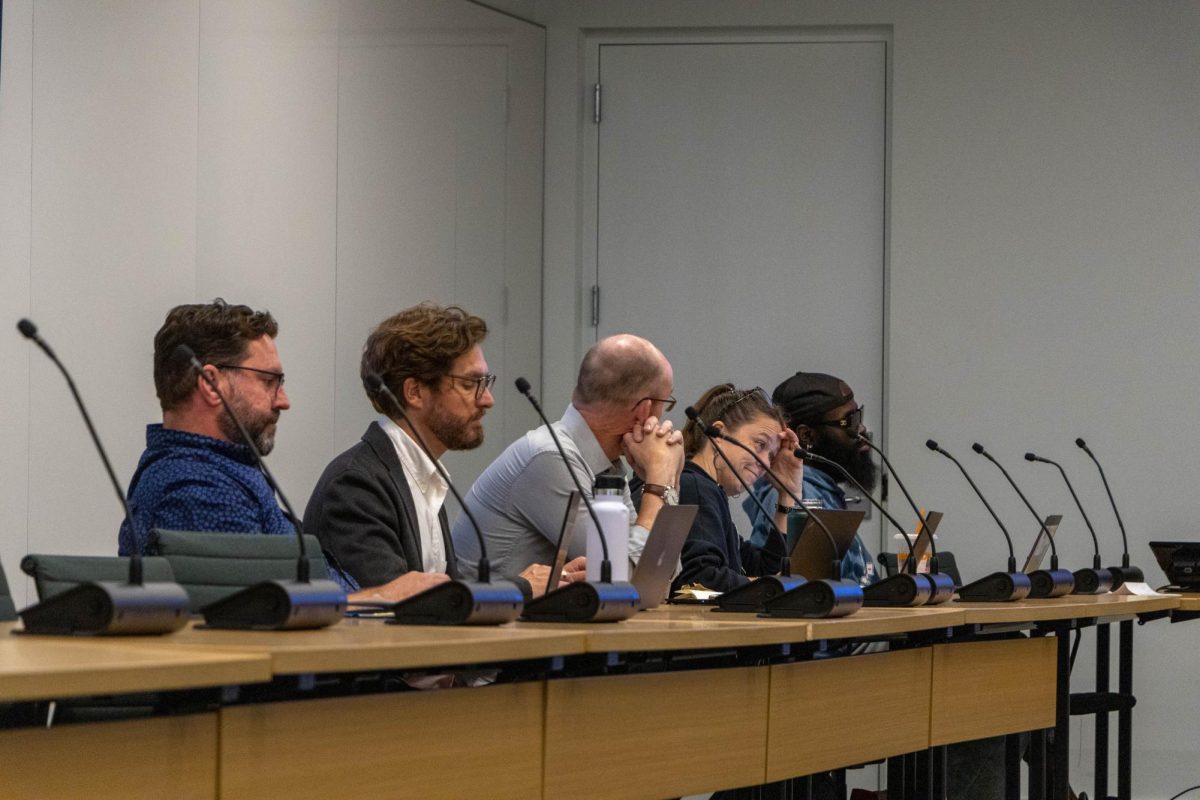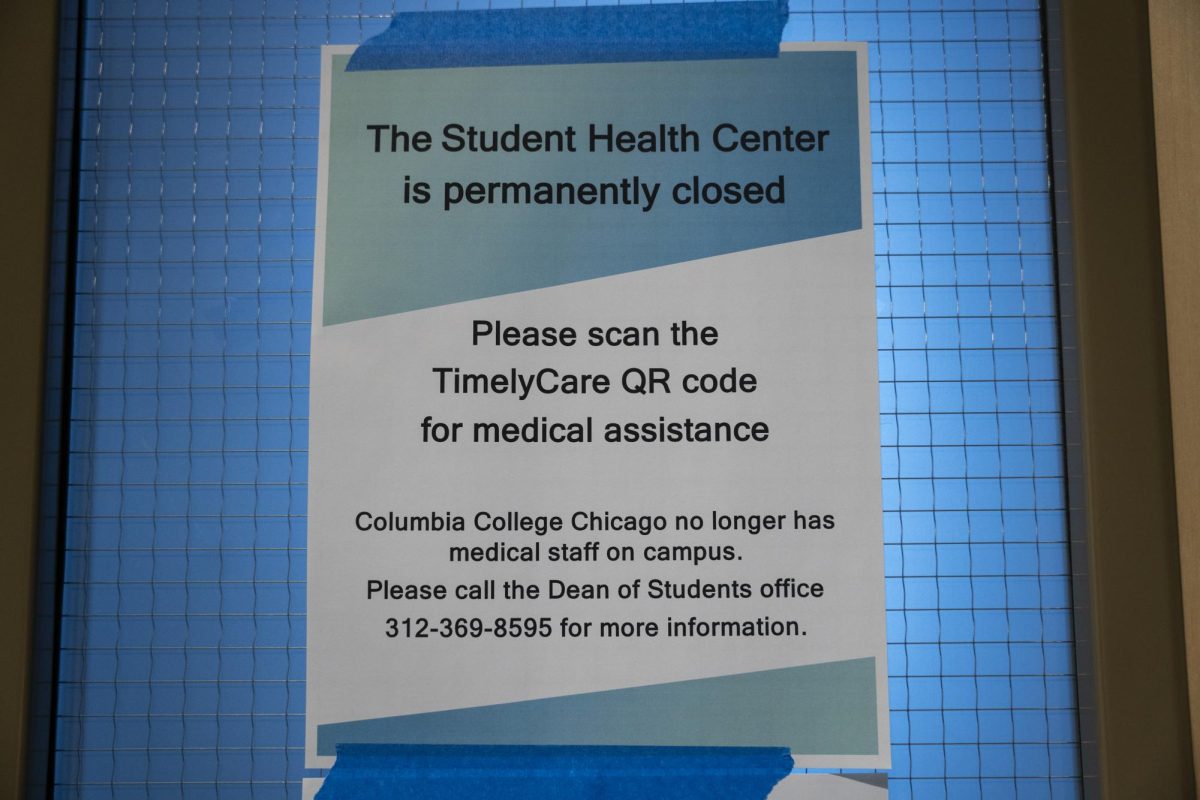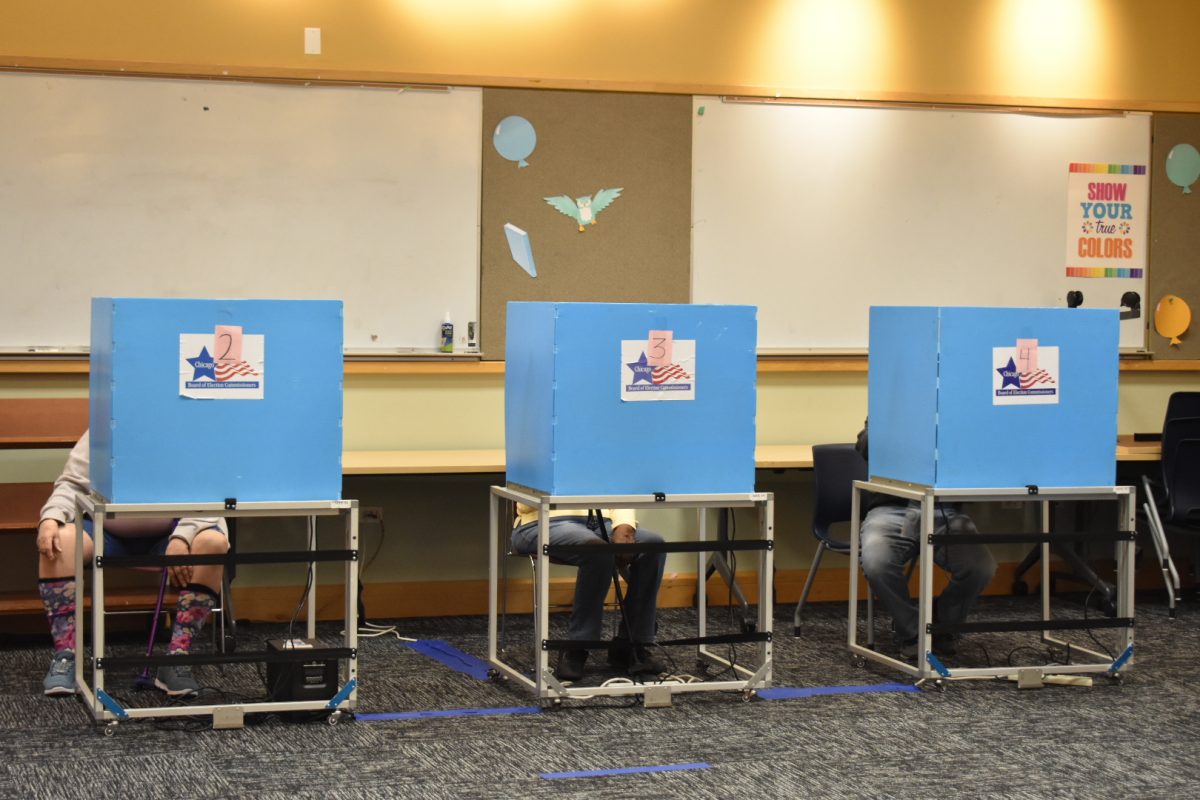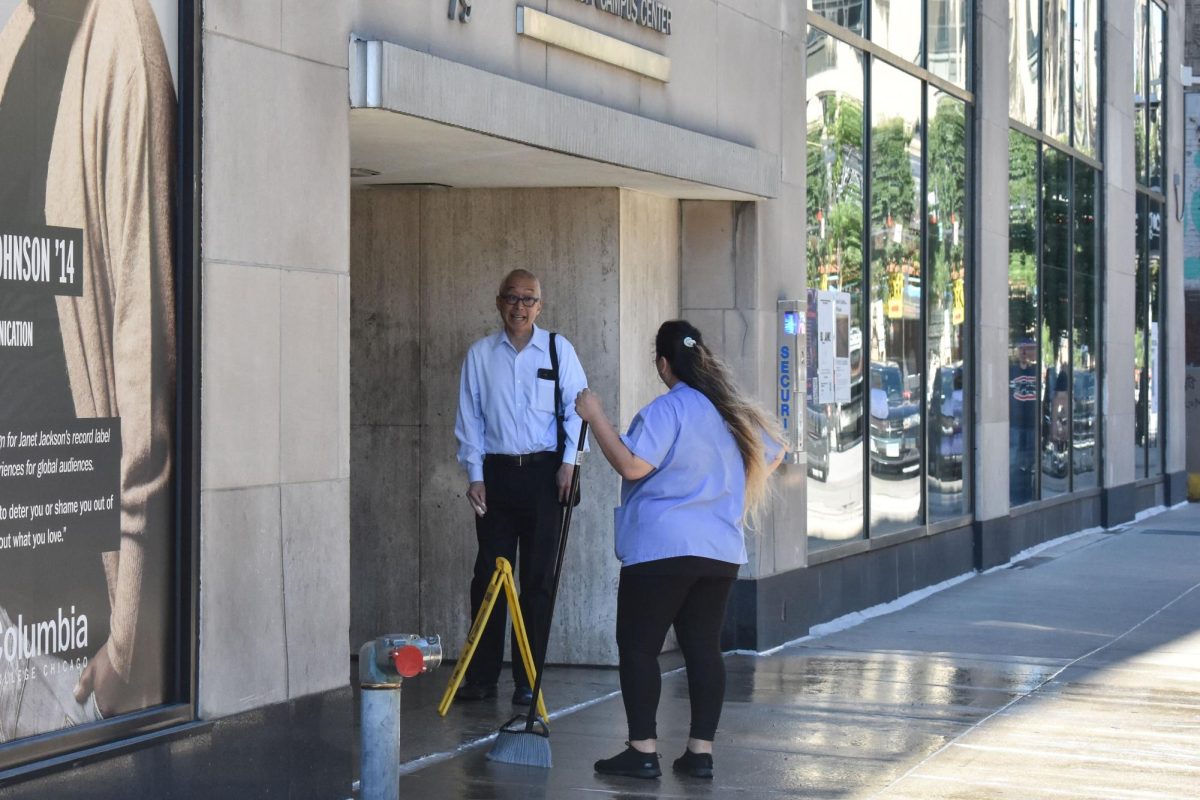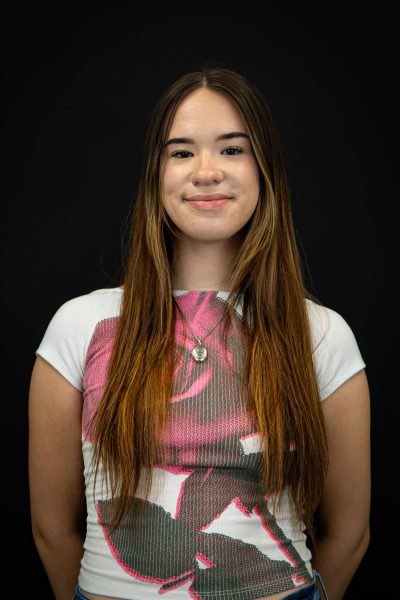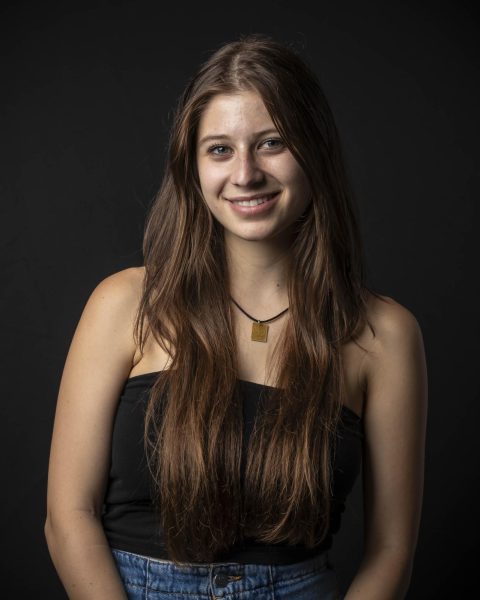The Columbia administration is considering multiple cost-cutting measures to balance the budget and curb the college’s $20 million deficit.
Campus leaders have started to share some of the ideas with faculty in recent days, including at a forum on Monday, Oct. 16 with President and CEO Kwang-Wu Kim and other administrators.
Some of what is under consideration:
- Eliminating graduate programs with low enrollment,
- Discontinuing certain undergraduate degrees
- Raising class sizes
- Reducing the core curriculums credits from 42 to 30
- Selling some campus buildings
- Cutting back on use of part-time faculty
What faculty are saying: Associate English and Creative Writing Professor Eric May, who attended the forum at the Student Center on Monday, said it “knocked out a couple of heavy concerns.”
Kim “said there is not a discussion about shuttering departments,” May said. “That was good to hear because I know that’s been a concern over the last few weeks.”
Madhurima Chakraborty, president of Faculty Senate, said she hopes faculty will be included in ongoing conversations about what measures will be taken.
“We are hoping that there is enough time in any of these separate conversations to really interrogate the goals and rationales for the potential cost-savings to ensure that student success, pedagogy and curricular interests and goals are all at the forefront of these conversations,” said Chakraborty, who is also an associate professor in the English and Creative Writing Department.
In the background: The administration was told by the Board of Trustees to balance the college’s budget by 2026. Last semester, the administration announced a broad four-part plan to balance the budget: tuition increases, improving retention, new student growth and operational efficiencies. All four strategies have to work to achieve financial stability, administrators have said.
Kim sent an email to the Columbia community last month to report that the college is “off-track” and not meeting these goals.
The Columbia Faculty Union, which represents the college’s part-time instructors, has filed an unfair labor practice complaint with the National Labor Relations Board over increasing class size and cutting courses.
The union and college are currently in contract negotiations.
One of the cost-cutting measures under consideration is asking full-time faculty to voluntarily teach additional courses each semester. Reducing sections and increasing course sizes also would mean fewer opportunities for part-time instructors.
“There have been years of what I would say is mismanagement at best on the part of the college and decisions that have harmed this institution,” said Diana Vallera, a part-time photography instructor and president of the union.
Vallera said it is important to hold the college accountable, particularly when it targets part-time faculty “who are the lowest paid, no health insurance” and the “most marginalized.”
“How is that a DEI commitment?” she asked. “How is that an equitable distribution of funds?”
Lambrini Lukidis, associate vice president of Strategic Communications and External Relations, said the key components of these plans will be shaped by faculty through the shared governance process so Columbia can “come out of this process strengthened in its position as an inclusive and accessible quality education for creatives.”
“The college is engaged in consultations with faculty leadership over the formulation and implementation of plans to keep Columbia vibrant as we work to address some historical challenges to student success – confusing paths to graduation, difficulty in getting into some classes, perceived isolation – at the same time that we rethink how the college can adjust to demands in the education landscape and evolving expectations of students and families regarding costs, student services and other supports,” Lukidis said in an email to the Chronicle on Saturday, Oct. 14.
What else may happen: The college is also looking at a number of other ways to save money, which is necessary to balance the budget because enrollment has continued to decline, as the Chronicle previously reported. Overall enrollment for Fall 2023 is around 6,500 students – about 450 students fewer than in the fall 2019 semester before COVID.
Some of the other measures include:
- Decreasing reliance on outside service providers where possible,
- Exploring the the consolidation of certain administrative units and structures,
- Reducing IT costs through more effective systems and
- Selling buildings.
“The goal is for Columbia to emerge from deficits and realize surpluses that can be reinvested in student-focused operations, faculty and staff,” Lukidis said. “The consultations are taking place with elected full-time faculty leaders because they play a formal role within the college on issues pertaining to curriculum and learning outcomes. Some issues are also being discussed in collective bargaining with the part-time faculty concerning topics that impact part-time faculty.”
Kim and other campus leaders will hold another forum for faculty and staff next month. It will take place from 3 p.m. to 5 p.m. on Tuesday, Nov. 14, at the Student Center’s 5th floor Event Space.
Students also will get a chance to talk to Kim during an open forum called “Let’s Chat with Dr. Kim” hosted by the Student Government Association. That event will take place from 5 p.m. to 6:30 p.m. on Nov. 16 in the Student Center Boardroom, located at 754 S. Wabash Ave.
“There are a lot of changes happening at the college so that we can move forward and the best way for students, so I’m completely on board,” said Robin Whatley, associate dean of the School of Liberal Arts and Sciences.


